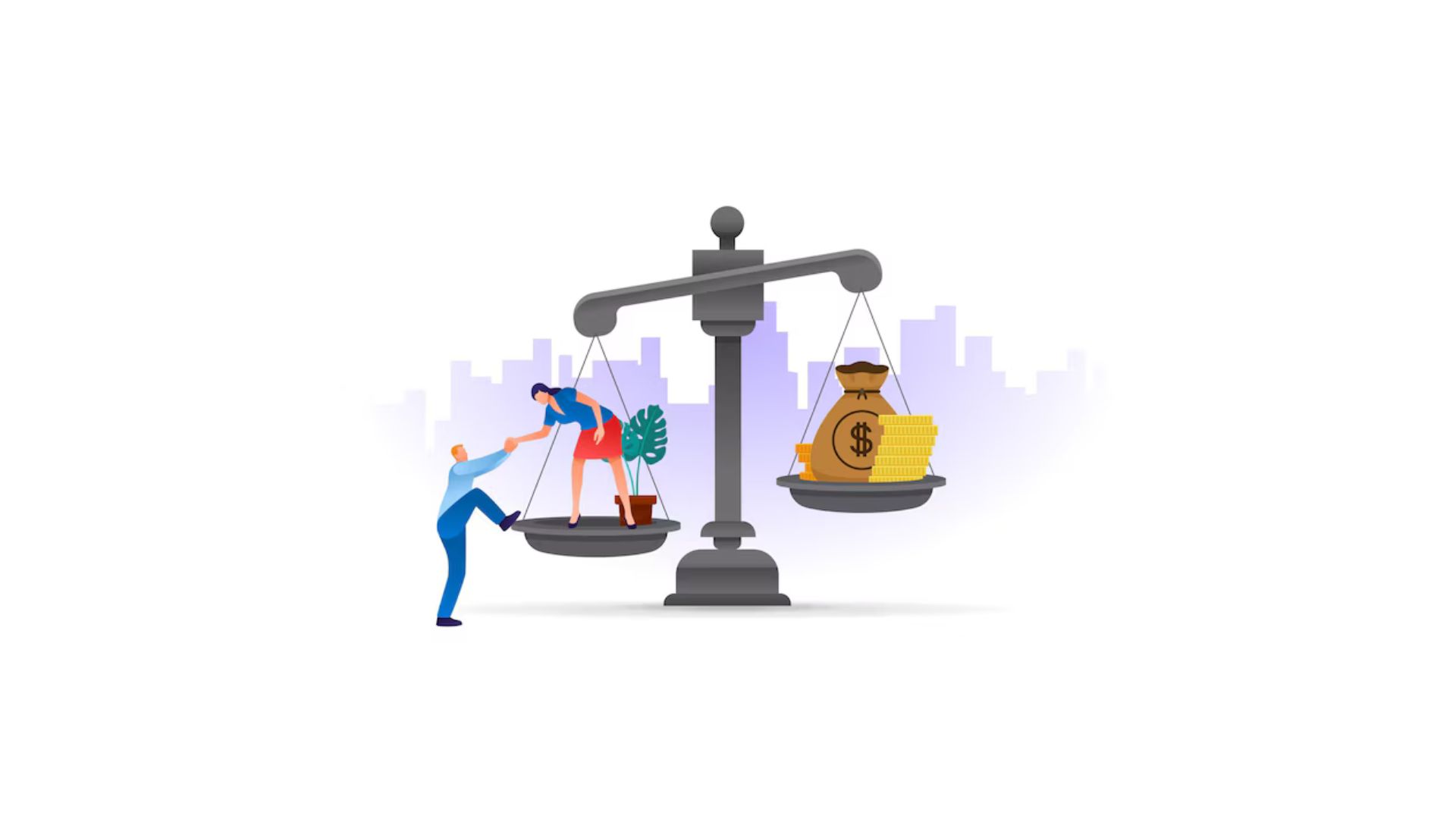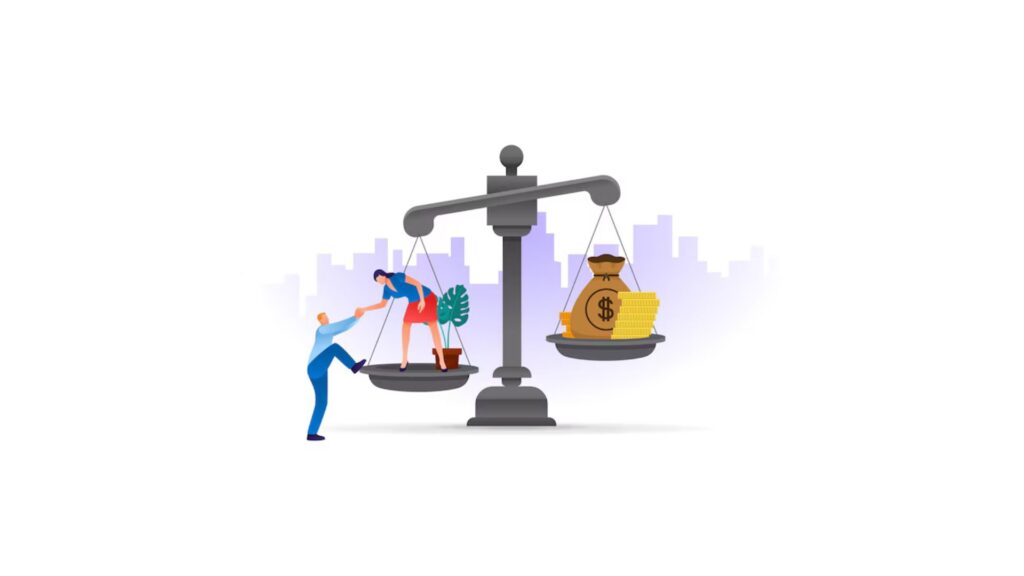
27 May GST Relief: No Penalty for Assessee’s Timely Tax Payment

Introduction
The Goods and Services Tax (GST) regime in India aims to simplify and streamline the tax process, but it comes with its own set of challenges and complexities. One such challenge involves the imposition of interest and penalties on taxpayers for delays in filing returns or depositing taxes. Recently, the Hon’ble Allahabad High Court made a significant ruling in the case of Bhole Baba Milk Food Industries Limited v. Union of India, which addressed whether interest and penalties are applicable when the delay in depositing GST is not the fault of the assessee.
Facts of the Case
The case revolves around Bhole Baba Milk Food Industries Limited (“the Petitioner”), which filed a writ petition seeking a refund of the interest and penalty amount debited from their Electronic Credit Ledger. The Petitioner had initiated the tax payment within the prescribed period, but the amount was credited to the government’s account at a later stage, leading to the imposition of interest and penalties by the Revenue Department (“the Respondent”).
Issue
The central issue in this case was whether the interest and penalties could be levied when the delay in depositing GST was not due to any fault of the assessee.
Held
The Hon’ble Allahabad High Court, in its judgment dated April 16, 2024, held that interest and penalties could only be imposed when the failure to file the return or pay the tax due is attributable to the assessee. Since the Petitioner had initiated the payment within the prescribed timeframe and the delay was not on their part, the Court directed the Respondent to adjust the amount of interest and penalty against the tax liability of the Petitioner.


No Comments